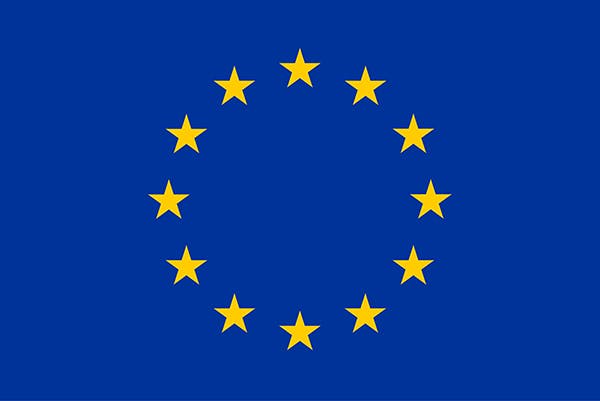Evaluation of a tele-rehabilitation aftercare program
Background
Many patients do not participate in any further aftercare after their rehabilitation. Reasons often given are the distance to the aftercare facility and the incompatibility of the aftercare offer with the professional and/or private situation. However, it is precisely aftercare that can help to sustainably integrate the health-related behaviors learned in rehabilitation into everyday life.
The study is commissioned by Caspar Health and Nanz medico GmbH & Co. KG and is scientifically accompanied and evaluated by the IFR Ulm. The pension funds DRV Bund, DRV Rheinland-Pfalz and DRV Baden-Württemberg are involved.
Objective
The aim is to find out whether the number of patients who do not attend or drop out of aftercare can be reduced by offering tele-rehab aftercare with Caspar Health. In addition, it will be determined whether the digital version is not inferior to the classic multimodal aftercare (IRENA) in terms of work ability, health status and quality of life.
Methods
This is a multicenter randomized (Comprehensive Cohort Design) controlled trial. Thirteen full-day outpatient rehabilitation facilities of the ZAR group from the states Rheinland-Pfalz and Baden-Württemberg participate. The study compares the classic multimodal aftercare of the DRV (IRENA) and the digital aftercare with Caspar Health.
The intervention group performs the aftercare digitally from home, the control group participates in the classic IRENA. The patients will be asked about their ability to work (WAI), their state of health (IRES-3), their pain and their satisfaction with the treatment (ZUF-8) at four measurement points using a standardized questionnaire. Furthermore, qualitative interviews will be conducted to assess the practicability of the tele aftercare.
Results
Patient recruitment started in November 2019 and was completed in December 2021. This interim report was able to show, for all outcome criteria considered (e.g., ability to work), no statistically significant differences between the two groups, indicating the equivalence of both treatment interventions. About half of the patients chose digital aftercare because it was more compatible with their professional and private circumstances. 95% of participants rated Caspar Health's "comprehensibility of information," "instructions," and "way of conveying content" as "good" to "very good."
Conclusion and outlook
The preliminary results indicate that the classic and digital forms of aftercare are to be judged as equivalent. The full results report is expected to be published in Q3 2022.
Literature: Registered in the german clinical trials register - DRKS-ID of the study: DRKS00016077

